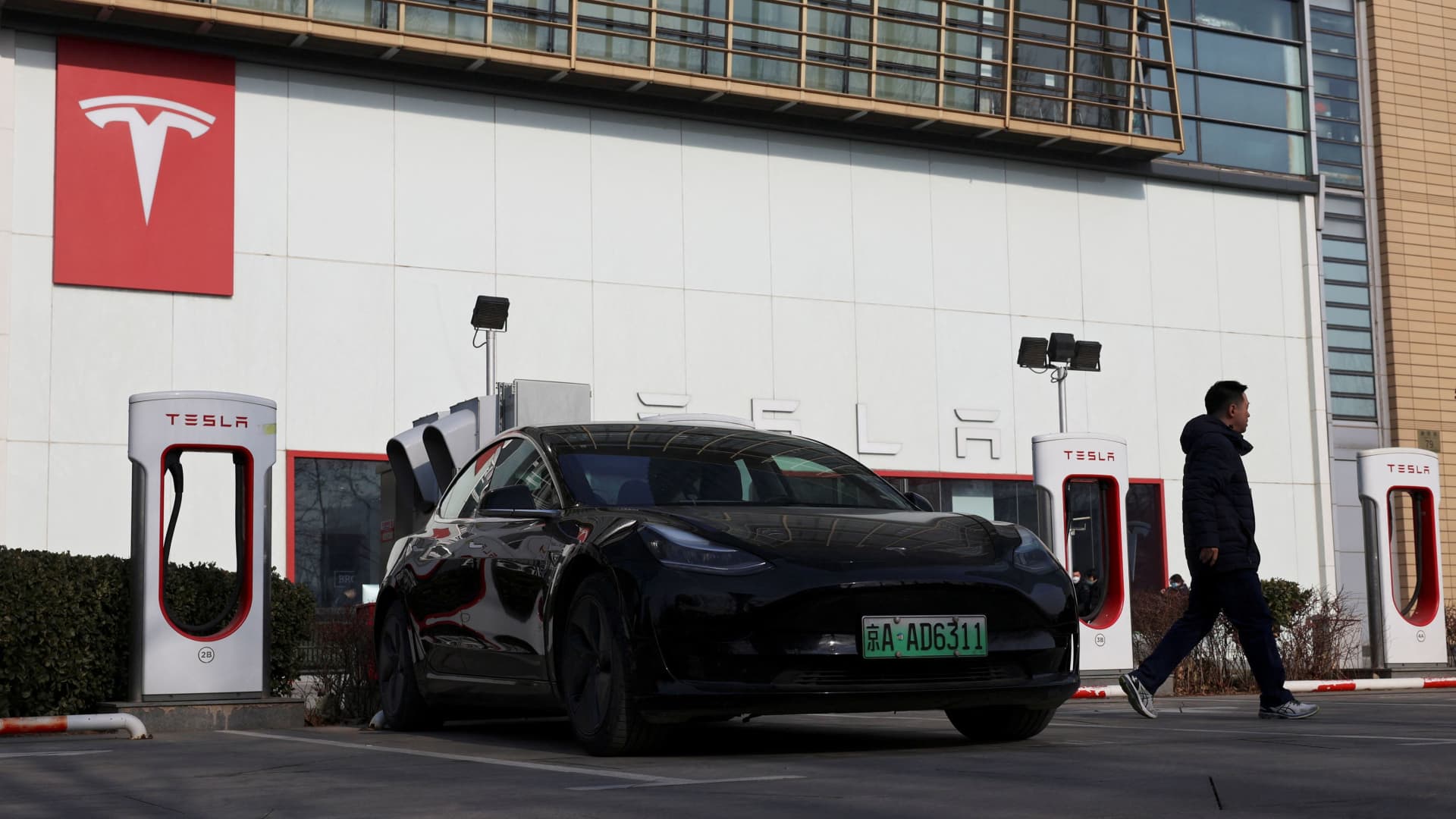The best electric cars are now in China.Analysts raise price targets | Private Equity Weekly

According to reports, with Apple withdrawing from the electric car market and Tesla losing market share in some Chinese cities, the best electric car stocks are now arguably all in China. China is the world’s largest automobile market, with a penetration rate of new energy vehicles reaching at least 30%. Most of these cars are from local brands. In a report released on February 28 that examined sales distribution last month, Morgan Stanley analysts said that despite the “price cuts” announced that month, Tesla China still lost market share in January, mainly due to in big cities in China. The report said that Xpeng Motors and NIO Automobile’s market share is declining in various regions, while BYD’s share has grown in major cities but declined in less developed regions due to investment from state-owned enterprises in these areas. Competition intensifies. Li Auto’s market share has declined, and Morgan Stanley analysts are watching whether new models will provide a boost. The automaker announced Friday the launch of its first fully battery-powered vehicle, a utility vehicle called the Li Mega. So far, Li Auto’s cars have all been SUVs, which are technically hybrids since they are equipped with fuel tanks for battery charging. This product strategy addressed consumers’ range anxiety and quickly drove Li Auto to deliver tens of thousands of vehicles per month, making it the best-selling product among its startup peers. Earnings beat expectations The U.S.- and Hong Kong-listed company reported profits last week that topped FactSet forecasts and prompted some analysts to raise their price targets. “Following our upgrade earlier this month, Li Auto reported impressive earnings/guidance, further solidifying its position as China’s top OEM,” Deutsche Bank analysts said in a report in late February. They rated the stock a “buy” and raised their price target by $9 per share to $50. That’s about 9% higher than Thursday’s closing price of $45.88. Part of their argument comes from the automaker’s high gross margins, which came in at 23.5% in the fourth quarter, above estimates of 21%. Li Auto’s management stated that it expects gross profit margin to fluctuate between 10% and 25%, but will remain above 20% overall. Deutsche Bank analysts said: “Despite the ongoing price war, gross profit margins are much more elastic than people feared.” So far this year, Li Auto’s share price has risen more than 20%. Deliveries in February were relatively low at 20,251 units, which the company attributed to the month-long Lunar New Year holiday and the upcoming launch of new models. But the startup still expects car deliveries to rebound to 50,000 vehicles in March. Analysts at Bank of America Securities last week raised their forecasts for Li Auto’s sales and earnings per share, raising their price target by $9 to $57 per share. Bank of America rates the stock a buy. Li Auto also plans to bring three other pure battery vehicles to the market and will start delivering the new Li Mega this month. New competition? But even with the higher pricing, the company is not immune to fierce competition in China’s electric vehicle market. Aito, a new energy vehicle brand owned by Huawei, claimed to have delivered 21,142 vehicles in February, surpassing Li Auto, and said orders for its new M9 SUV exceeded 50,000. The brand sells cars at slightly lower prices than Li Auto, but it does not yet offer an MPV. Seres, the automaker behind Aito, said on Friday that it produced more than 32,000 vehicles in February, an increase of about 250% from the same period last year. Shares of Shanghai-listed Seres have risen 21% so far this year. Lu Weibing, president of Chinese smartphone company Xiaomi, told me last month that its upcoming cars are also targeting 20 million high-end users. The highest authorities are paying attention. Chinese President Xi Jinping on Thursday called for further support for the development of new energy vehicles, especially charging infrastructure. Separately, the White House said on Thursday that the United States is beginning to investigate whether imports of Chinese cars may pose a national security risk. While the U.S. remains a tough market for Chinese automakers, their electric vehicles are already in Europe and entering other markets. Last year, China and Japan competed for the top spot in the world’s auto exports. Li Auto, which has long adhered to its China-first strategy, said last week it would begin overseas deliveries by the end of this year after establishing local sales and services in the Middle East and Central Asia. Nio, which delivered more than 8,100 vehicles in February, said last week it had signed a technology licensing agreement with Forseven, a unit of Abu Dhabi-owned CYVN Holdings. Nio already sells cars in Norway and other parts of Europe. The company is scheduled to release fourth-quarter earnings on Tuesday before U.S. stocks open. —CNBC’s Michael Bloom contributed to this report.






